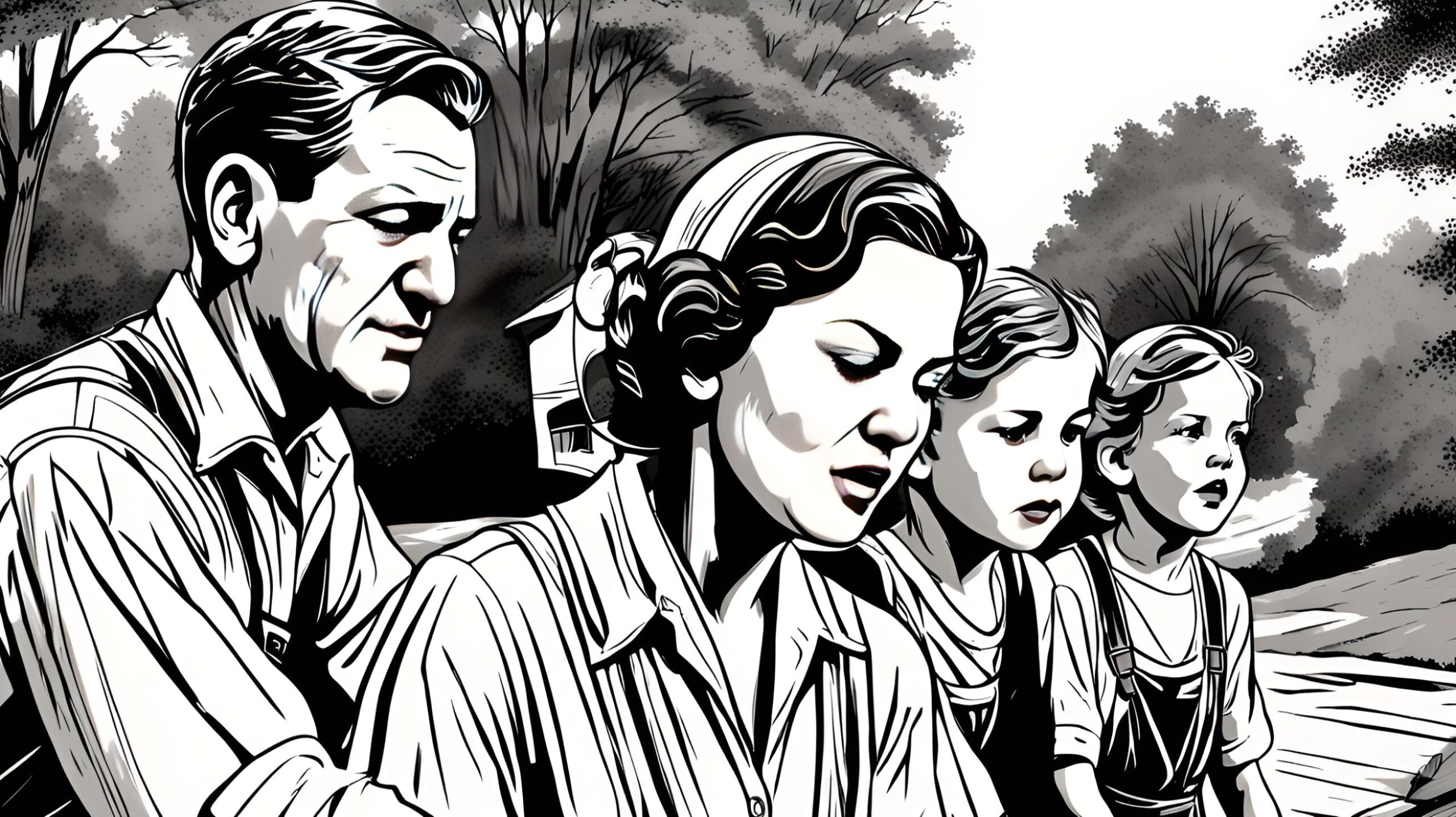Flashback to September 5
American History

The United States Supreme Court’s ruling in the landmark case Bush v. Gore remains one of the most momentous legal decisions in the annals of American history. Delivered on December 12, 2000, this controversial judgement played a pivotal role in the 2000 presidential election, ultimately determining the leader of the free world.
Bush v. Gore stemmed from the tightly contested presidential race between Republican candidate George W. Bush and Democratic nominee Al Gore. Vice President Gore, after trailing in the initial election night count in Florida, requested recounts in four counties as provided by Florida law. As the recounting carried over into December, concern grew over whether the process would conclude in time for the state to participate in the Electoral College. A contentious legal battle ensued, culminating in the Supreme Court’s extraordinary involvement.
Although the U.S. Supreme Court seldom intervenes in election disputes, the magnitude and potential implications of Bush v. Gore prompted their direct adjudication. In doing so, they drastically impacted national politics, electoral processes, and legal interpretation. The court’s 5-4 decision halted the ongoing Florida recounts, delivering a narrow victory to George W. Bush and, consequently, the presidency.
The Supreme Court’s split decision in Bush v. Gore was reflective of the polarizing political climate. Led by Chief Justice William Rehnquist – with concurrences from Justices Scalia, Thomas, O’Connor and Kennedy – the majority held that Florida’s recount process was flawed. Specifically, they ruled that the varying standards applied across different counties violated the Equal Protection Clause of the U.S. Constitution, which demands identical treatment under the law for all citizens.
In contrast, the minority, comprising Justices Stevens, Souter, Ginsburg and Breyer, held that the court should let Florida rectify its recount system rather than curtailing it. They opined that this federal intervention undermined states’ rights and self-governance whilst emphasizing the importance of every vote being counted in a democracy.
The far-reaching consequences of Bush v. Gore extend beyond the political sphere. The case provoked an intense debate regarding judicial impartiality, constitutional interpretation, and the Supreme Court’s appropriate role in electoral politics. Critics argue that the court’s intervention signaled an unsettling politicization of the judiciary, whilst proponents insist that it was a necessary step to safeguard the constitution and ensure a definitive election outcome.
Following the Supreme Court’s ruling, the Bush v. Gore case directly influenced the ensuing electoral legislation. States across the country sought to revamp their electoral processes to prevent such dilemmas in the future, engaging in a much-needed overhaul of voting policies, procedures, and mechanisms. In this way, the Supreme Court’s ruling had a significant bearing on the evolution of U.S. election law, demonstrating the court’s capacity to shape not only precedents but also practical policy reform.
The Supreme Court’s decision in Bush v. Gore remains a critical moment in American history, a fusion of law, politics, and constitutional interpretation that continues to resonate two decades on. The case underscores the profound power wielded by this high court and its potentially decisive role in the nation’s democratic processes. Whether celebrated or questioned, the ruling is an indelible part of the United States’ legal and political fabric, a testament to the dynamic interplay of democracy, law, and the judiciary.
To sum it up, the U.S. Supreme Court’s ruling in Bush v. Gore undoubtedly left an indelible mark on American legal, political, and electoral history, remaining a topic of fervent debate. Reflecting the breadth of its impact, the case often features prominently in constitutional law courses, political science studies, and Supreme Court retrospectives, reminding us of the Supreme Court’s profound influence on our nation’s trajectory and the fundamental principles that underpin it.
We strive for accuracy. If you see something that doesn't look right, click here to contact us!
Sponsored Content

Temperature hits 112 degrees…
Experience the intensity of…

With US$2 billion in…
Leveraging a substantial US$2…

The Sour Biscuit Fire…
The Sour Biscuit Fire,…

